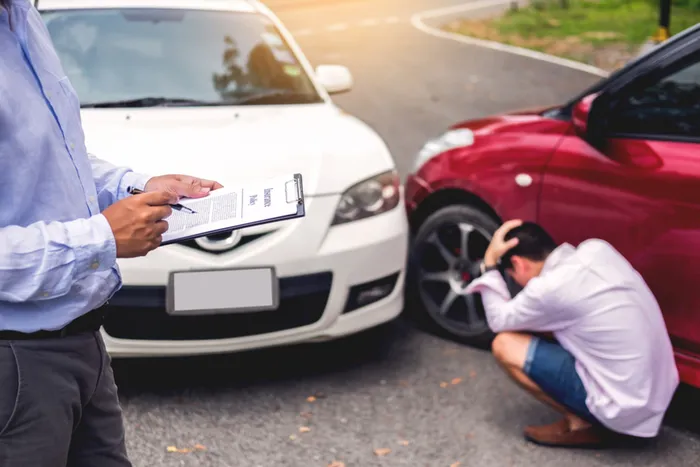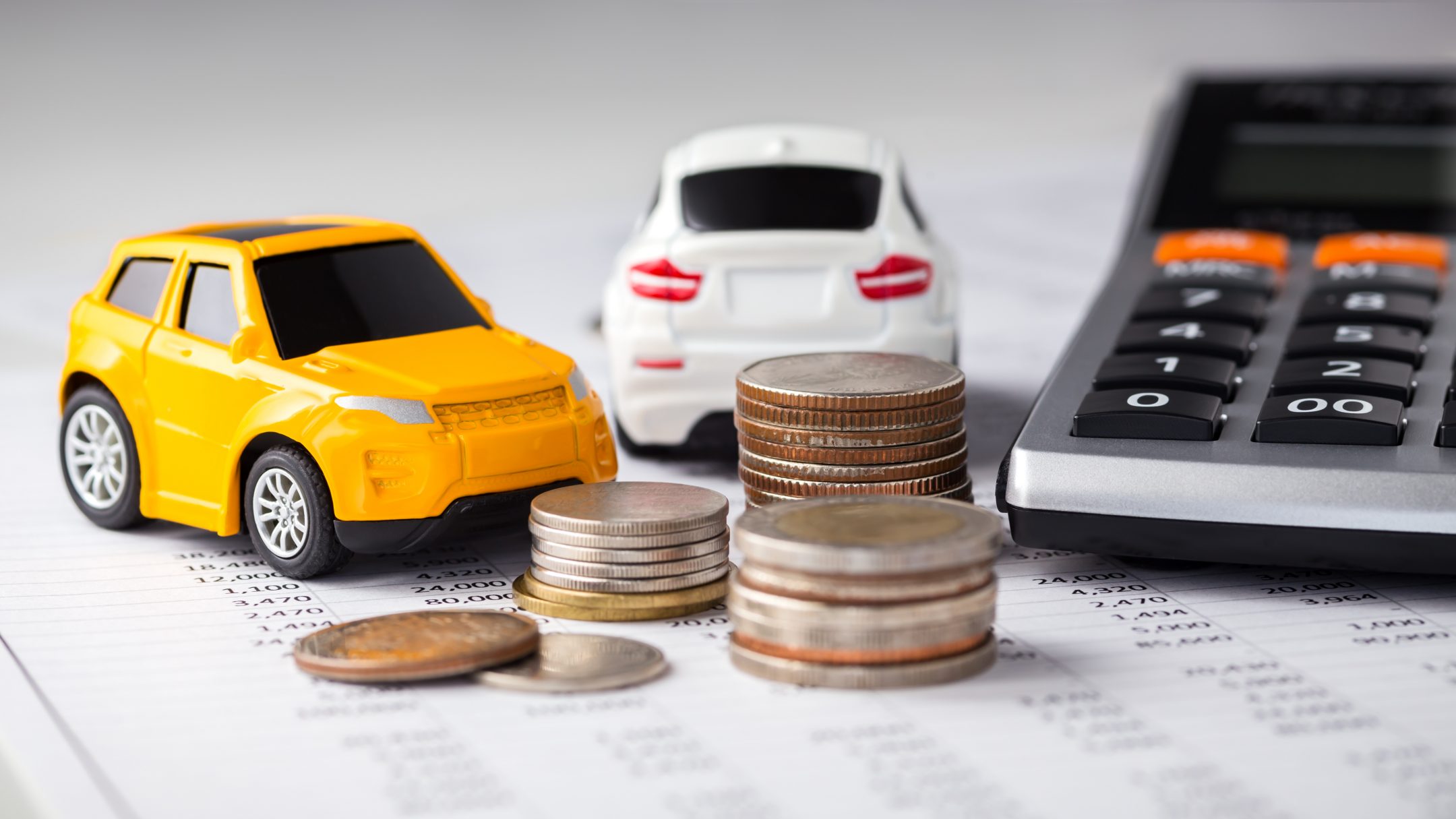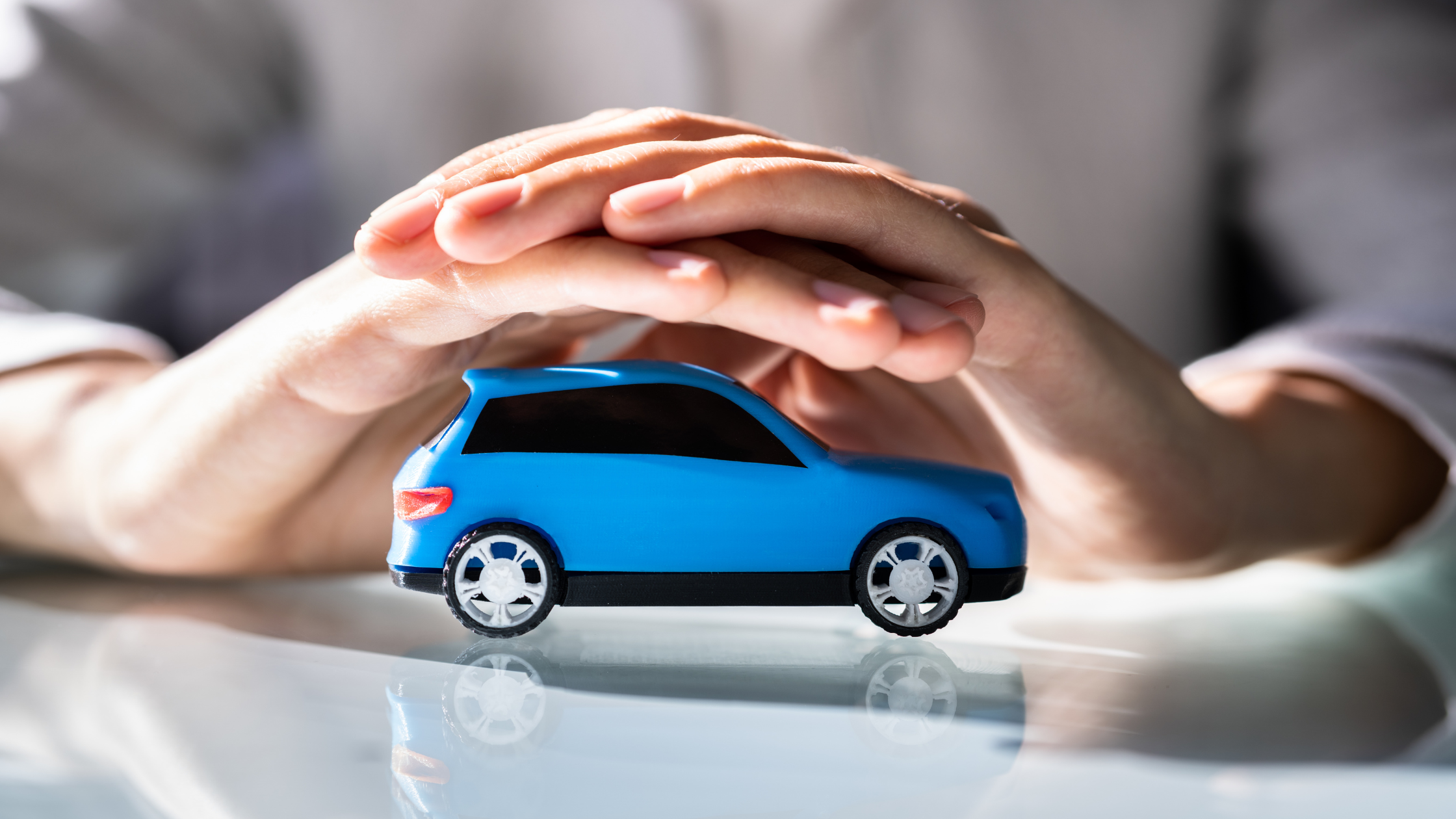Introduction
Car accidents can happen unexpectedly, leaving victims with medical bills, lost wages, and other expenses. Personal Injury Protection (PIP) is a type of auto insurance coverage designed to help policyholders cover these costs, regardless of who is at fault in an accident. But what exactly is PIP, and who should consider having it? This article explores the basics of PIP insurance and its importance for drivers.

What Is Personal Injury Protection (PIP)?
Personal Injury Protection, commonly known as PIP, is a no-fault insurance coverage that pays for medical expenses, lost wages, and other related costs after a car accident. Unlike liability insurance, which covers damages to others if you’re at fault, PIP covers your own injuries and those of your passengers, regardless of who caused the crash.
What Does PIP Cover?
PIP insurance typically includes:
-
Medical expenses – Hospital bills, surgeries, rehabilitation, and other treatments.
-
Lost wages – Compensation for income lost due to injury-related work absences.
-
Funeral expenses – Coverage for burial costs in case of a fatal accident.
-
Essential services – Reimbursement for household help if injuries prevent you from performing daily tasks.
The exact coverage varies by state and policy, so it’s important to review your insurance terms.
Who Needs PIP Insurance?
PIP is mandatory in some states (known as “no-fault” states) but optional in others. Here’s who should consider PIP coverage:
1. Drivers in No-Fault States
If you live in a no-fault state (such as Florida, Michigan, or New York), PIP is required by law. These states require drivers to file claims with their own insurance first, rather than suing the at-fault driver for minor injuries.
2. Drivers Without Health Insurance
If you don’t have health insurance, PIP can help cover medical costs after an accident, ensuring you receive necessary care without financial strain.
3. Rideshare Drivers & Frequent Commuters
Rideshare drivers (Uber, Lyft) and those who spend a lot of time on the road face higher accident risks. PIP provides extra protection beyond standard auto insurance.
4. Parents with Teen Drivers
Teen drivers are statistically more likely to be involved in accidents. PIP ensures their medical bills are covered, even if they are at fault.
PIP vs. Medical Payments (MedPay) vs. Health Insurance
-
PIP covers medical bills, lost wages, and other expenses, regardless of fault.
-
MedPay only covers medical expenses but does not include lost wages or other costs.
-
Health Insurance pays for medical treatment but does not cover accident-related lost income or other PIP benefits.
Having PIP can be beneficial even if you have health insurance, as it fills gaps that standard health plans may not cover.
Conclusion
Personal Injury Protection (PIP) is a valuable insurance option that provides financial security after an auto accident. While it’s mandatory in no-fault states, drivers in other regions may still benefit from its comprehensive coverage—especially those without health insurance or with high-risk driving habits. If you’re unsure whether PIP is right for you, consult your insurance provider to discuss your options and ensure you’re adequately protected on the road.
Would you like help finding the best PIP coverage for your needs? Let us know in the comments!



